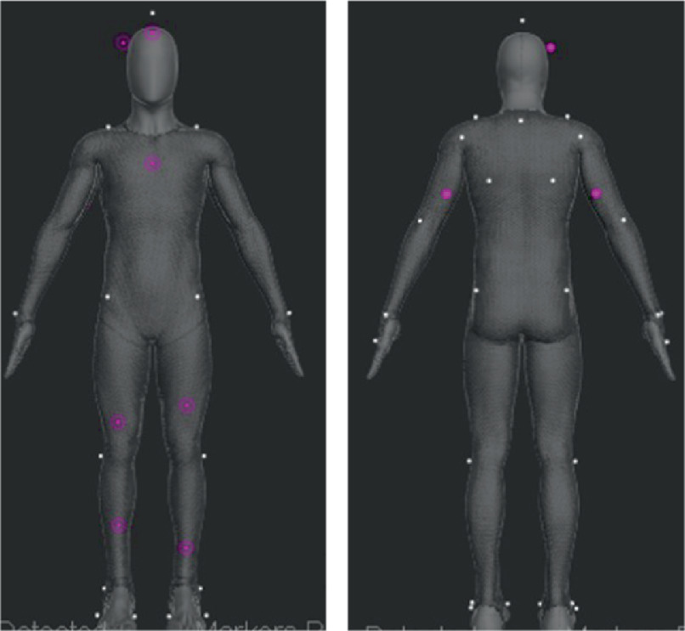
Instead of a civics tree that uses a turn timer to determine when your people are ready for something new, the game uses a system of sliders that build points towards certain events. There’s a lot going on under the hood in the game (check out the developer blogs here to see how, for example, the team traveled the world to record terrain specific ambient nature sounds) and the high holy hope here is that Humankind plays as smoothly as a board game without actually feeling like one. Humankind changes things up a bit with a less strict adherence to formula. Unfortunately this too often boils down to relying on a handful of dice rolls in the first few turns followed by a meticulous adherence to strategy. Far too many games in the 4X genre rely on a combination of early game luck and end game preparation to create the necessary tension to drive players through the mid-game. This is music to my ears because the alternative has become formulaic. It’s a novel idea that the developers claim will make every play through entirely unique. Instead of picking a single culture and brute-forcing it from ancient times all the way through the modern era, you’ll be evolving a starting culture into “a civilization as unique as you are” by combining different aspects of various civilizations. And second: Humankind abandons the weird tribalism that dominates the entire scope of competing 4X civilization simulators. In theory, this should prevent players from simply min-maxing a dominant play-style and yawning their way to a specific end game. This game will instead score victories based on overall fame.

First, one does not simply “win” at having a civilization. Humankind has two major features that look to shake up the genre. The interface and controls are instantly familiar and work very similar to most turn-based strategy and 4X games.īeyond that, there was a few new things going on. The team could have made it a bit more apparent (it was just a small dialogue box), but I didn’t notice it because I wasn’t looking for one. You’ll also be able to level up your leader via a meta-progression system to unlock custom looks that you can showoff to strangers and friends alike in multiplayer matches up to 8 players.I was halfway through the scenario (which weighs in at about 30 turns) before I realized there was a tutorial. In HUMANKIND™, you’ll be playing the leader of your society as an avatar that you create and customize! Your avatar will evolve visually over the course of the game as your civilization develops. Fight in large battles spanning multiple turns, and don’t hesitate to bring in reinforcements! Construct siege weapons to besiege and occupy cities. Unstack your armies and command each of your units, including the emblematic units of your culture and their special abilities. MASTER TACTICAL BATTLES ON LAND, SEA & AIRĮach battle in HUMANKIND™ plays out like a mini turn-based board game on top of the actual world map. Will you be the one to leave the deepest mark on the world?

The player with the most fame will win the game.

Every great deed you accomplish, every moral choice you make, every battle won will build your fame and leave a lasting impact on the world.

Fame is a new and unifying victory condition. The journey matters more than destination. Combine them to build your own vision of the world. Each game element is historically authentic. Discover the natural wonders of the world or build the most remarkable creations of humankind. Each culture will add its own special gameplay layer, leading to near-endless outcomes.įace historical events, take impactful moral decisions, and make scientific breakthroughs. From humble origins as a Neolithic tribe, transition to the Ancient Era as the Babylonians, become the Classical era Mayans, the Medieval Umayyads, the Early Modern era British, and so on. HUMANKIND™ is a historical strategy game, where you’ll be re-writing the entire narrative of human history and combining cultures to create a civilization that’s as unique as you are.Ĭombine up to 60 historical cultures as you lead your people from the Ancient to the Modern Age.


 0 kommentar(er)
0 kommentar(er)
